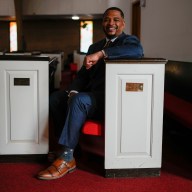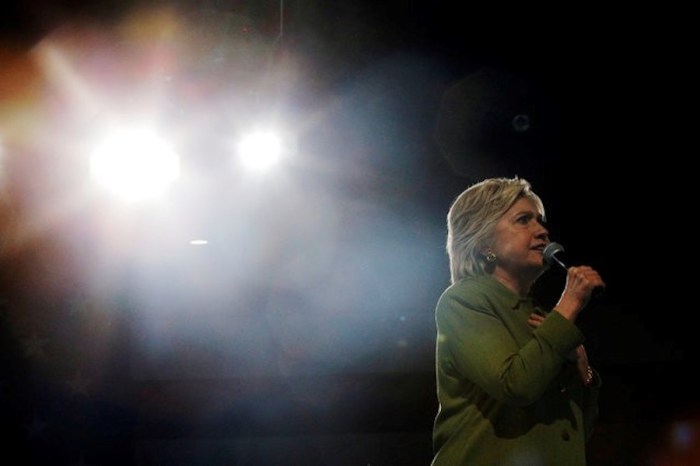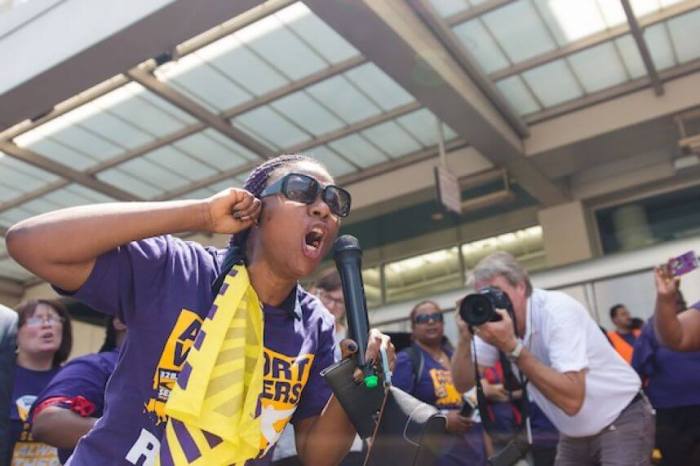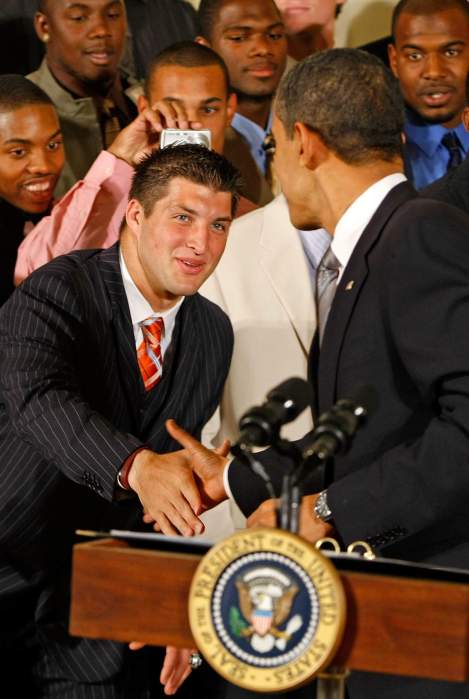It’s the first day of the Democratic National Convention and Andrea Mitchell, NBC News’ chief foreign affairs correspondent and host of “Andrea Mitchell Reports” on MSNBC, already has a jam-packed schedule. She jumps into our interview at McGillin’s Ale House seconds after finishing a call, but doesn’t miss a beat. Two questions in and an NBC staffer interrupts us and whispers in her ear to which Mitchell replies, “We have to go now.” Her PR rep suggests that I join them in the car to finish the interview and so off we go — on the trail of a hot political scoop with one of the biggest names in broadcast journalism. Her team cleared away empty Starbucks cups to make room for me in the back seat and, luckily, we were able to squeeze in our interview as well. In your career, you’ve covered so many presidential campaigns. Have you ever seen anything like this?
I’ve never seen anything like this. I don’t think anyone has. We have an outsider who has never been in politics, but is a reality TV star campaigning against the party establishment, his own party establishment, as well as everyone else — and ends up winning his party’s nomination. So it is a complete transformation of the Republican Party and how does the Democratic Party strategize against him? Because everything they think is working so far has backfired. He turns every negative hit into a positive with his followers who are just angry at everyone. What effect is social media having on politics?
It has changed everything in politics and this year in particular. Donald Trump has not had to spend big advertising dollars because he can get publicity just by going on Twitter. With aggressive — sometimes profane — provocative tweets and attacks, the kind of stuff you can’t put on television, he is getting away with on social media and gets a lot of pickup for it. So he doesn’t have to even raise money to get publicity. I saw you covered the RNC as well last week. How do you keep your reporting unbiased?
I’ve been raised in this for 40 years. I started out during the tumultuous protests in the ’60s and ’70s and it becomes second nature to you to weed out your personal feelings. You’re in the moment you are covering an event. You have to take a big step back, but you train yourself. Now there will always be times when just by deciding what’s important, you are making a judgement. Sure, that’s subjective — partisan bias. I am suspicious of all politicians of any stripe. So many young journalists look up to you. Do you have any advice for them?
I thank you for suggesting that people look up to me. My advice is to read everything, to get as many sources as you can, to find as many sources as you can, and not get trapped in conventional wisdom. Get outside the bubble. Don’t be part of a traveling press core only. Interview real people. Do what the great print journalists always did — David Broder and Dan Balz of the Washington Post [for example]. The great reporters talked to people. Go door to door. Find people to interview who are not part of the political circus. That is the best way to try and understand what is happening. There is a lot of suspicion amongst young people, of those of us, journalists and otherwise, who have done this for so many years and are the establishment and I don’t blame them. We certainly have to figure out as everyone else does, how to reinvent ourselves in this era of social media. Do you have any suggestions in that regard?
I feel like we have to find another way to do reality checks because you can put up as many facts as you want to contradict what Donald Trump or Hillary Clinton is saying, but if the public is so turned off by us, they aren’t going to believe it. So if we say what Donald Trump says about NATO isn’t accurate or what Hillary Clinton says about her emails and private server doesn’t add up, they’re not going to believe us anymore than they believe the politicians. We have to find a way to earn the trust and confidence of our readers and viewers, our public.
Andrea Mitchell talks Trump’s strategy and social media in politics
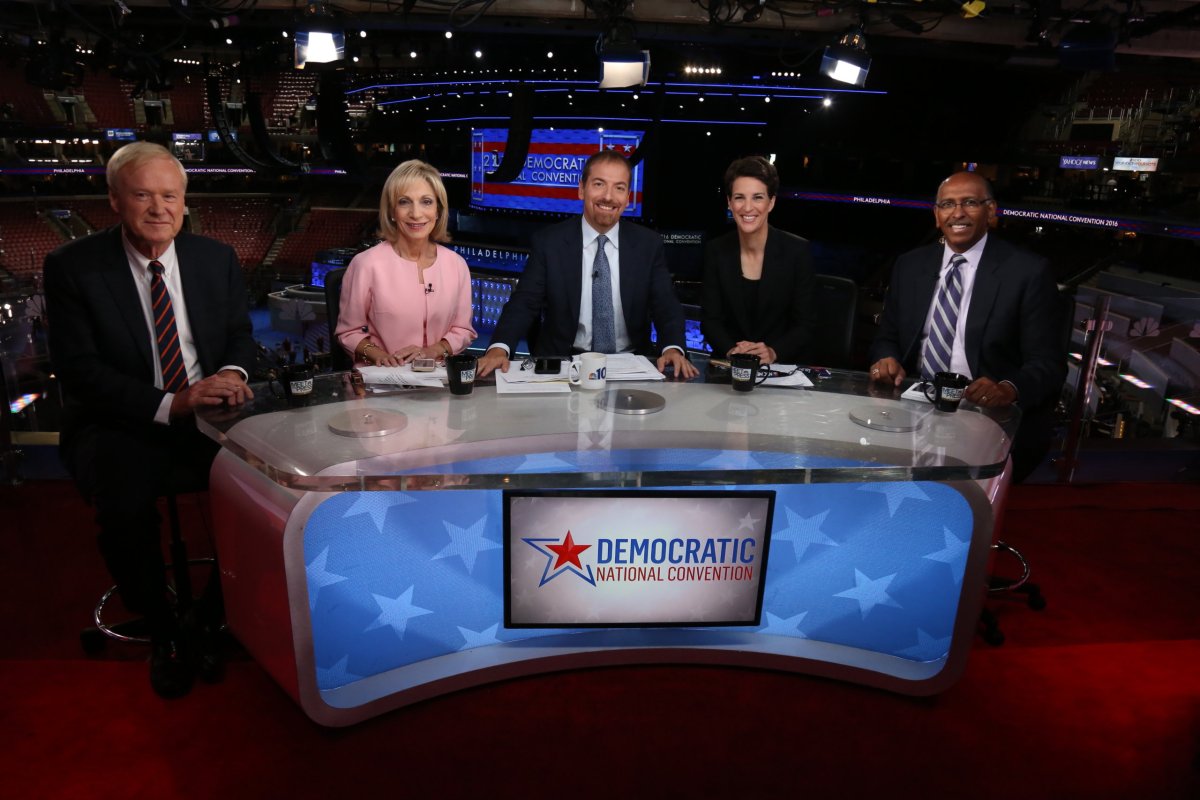
NBC










